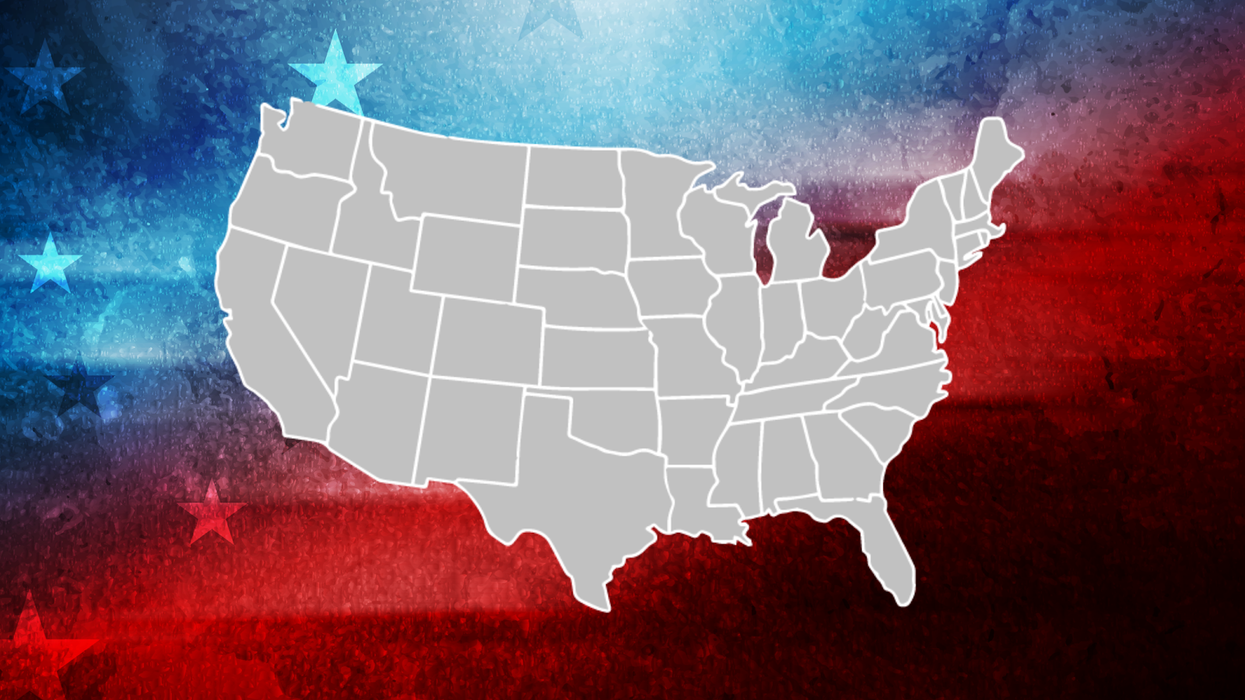Confusing and ambiguous laws for critical phases of the presidential election played a big role in the near failure of America’s peaceful transfer of power after the 2020 elections. Republicans and Democrats in Congress took on the problem, passing critically important bipartisan legislation in December 2022. Now, it’s up to the states to complete this important work. Before the 2024 election, all states and Washington D.C. should assure their own laws and procedures comply with the Electoral Count Reform Act (ECRA).
To date only a handful of states have enacted ECRA compliance changes.
This week, Election Reformers Network (ERN) released a new report, “ Helping States Comply with the Electoral Count Reform Act, ” designed for state legislators and their staff, election officials, and other administrators. The report summarizes the impact of the ECRA on state law and provides six recommendations on what states need to look for—and potentially change.
“The Electoral Count Reform Act reflects a broad bipartisan consensus that clarity counts when the stakes are high and time is short,” said G. Michael Parsons, ERN Senior Counsel and lead author of the report. “The report aims to make implementation as simple as possible so states can carry on this important and timely work ahead of the 2024 presidential election.”
The ECRA updated the Electoral Count Act of 1887, which contained the ambiguous and outdated language that provided a pretext for attempts to subvert the 2020 election. Recognizing the importance of clarity for the processes governing a peaceful transfer of power, Congress affirmed the purely ministerial role of the vice president, tightly narrowed the grounds for objection to electoral votes in Congress, and underlined the primacy of courts in resolving election disputes. In addition, the ECRA added new procedures to avoid any ambiguity around the validity of electoral votes received from the states.
Because of these changes, there are now discrepancies between state and federal laws. “We shouldn’t be relying on eleventh-hour litigation in 2024 to fix foreseeable issues that can be addressed today,” said ERN Executive Director Kevin Johnson. “We don’t need to take that chance.”
The report’s recommendations need not always be adopted through legislation—some could be incorporated through rule-making and guidance, or even referenced by courts when determining appropriate requirements, remedies, and deadlines in particular cases.
The report will go to election officials and legislators in all 50 states. In some locations ERN will be working directly with state leaders to advance the needed changes.
The report and executive summary can be read on the ERN website, along with other election resources.




















Trump & Hegseth gave Mark Kelly a huge 2028 gift